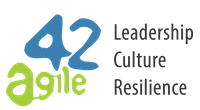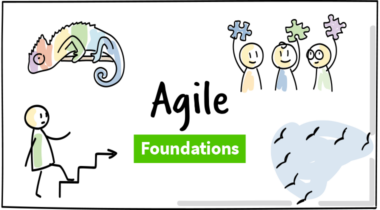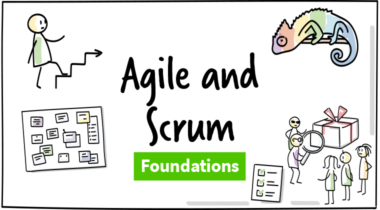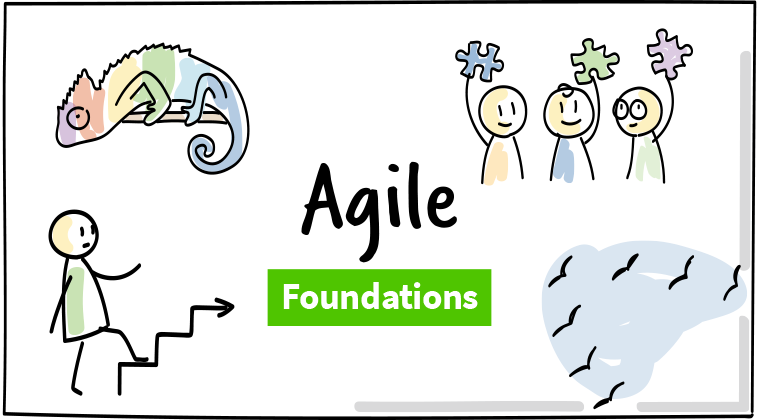
agile42 eLearning Course
Agile Foundations
This online agile certification is designed to help you understand the foundational pillars of agile thinking and the driving principles behind agile approaches. You will get a comprehensive introduction to Agile and validate your knowledge about the key elements at the core of agile mindset: Agile Values and Principles, Empirical Process Control, Pull Systems, Lean Thinking, Iterative and Incremental approaches.
The course is highly practical, with interactive videos and short quizzes to make sure you're on track. Once complete, you'll receive your certification in Agile Foundations, which you can add to your resume and LinkedIn profile to boost your credibility.
The course is also available in the following languages/countries:
•🇩🇪 German •🇮🇹 Italian •🇧🇷 Portuguese
•🇿🇦 South African Rand •🇹🇷 Turkish Lira
- Lessons: 8 interactive lessons and quizzes
- Duration: 3-4 hours
- You will have access to the course content for 30 days from the date of purchase.
- Discount: If you would like to purchase this course for a team, please contact us.
Upon completing this agile certification, you will be able to:
-
- Define the origins and the fundamental principles that led to the development of the Agile movement
- Describe the four values and 12 principles of the Agile Manifesto
- List three different approaches to control the work
- Explain the concepts of push and pull systems
- Repeat the three major sources of waste highlighted by Lean Thinking
- Identify the advantages of using an iterative and incremental approach to work
- List at least two core elements of an agile mindset
- Understand prerequisites and implications of becoming more agile
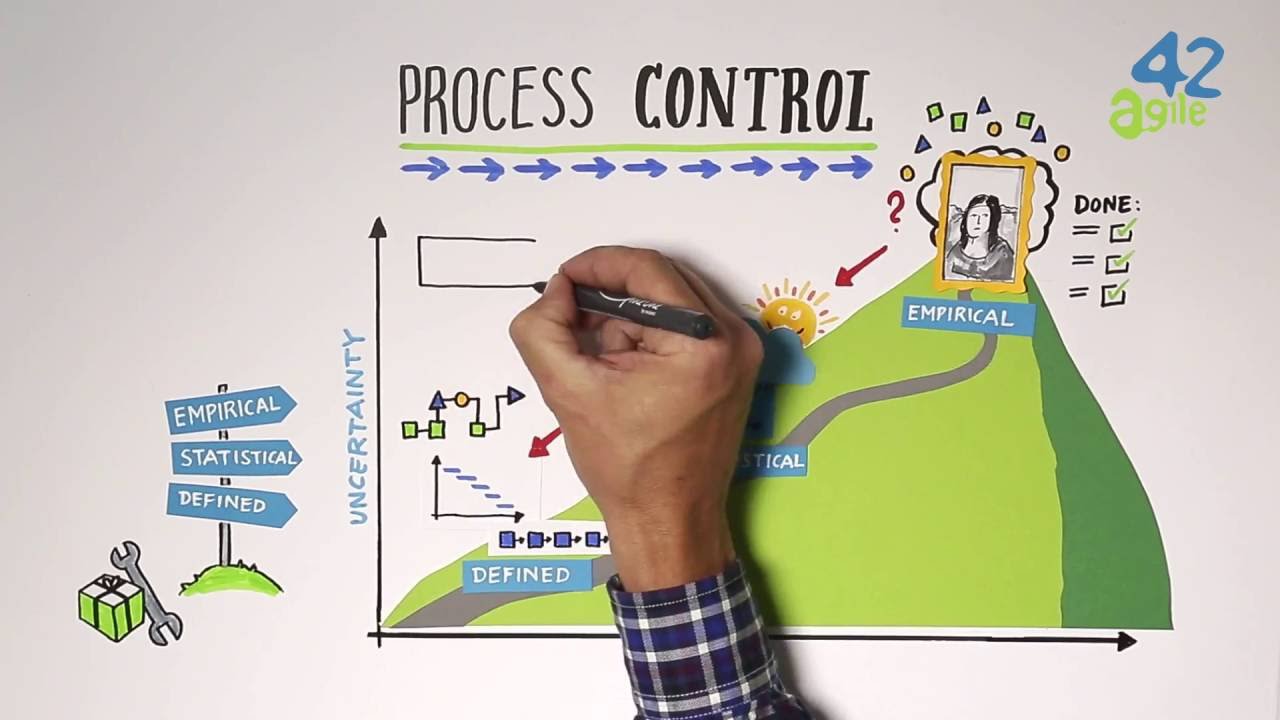
More information
Agile refers to a mindset that includes a set of values and principles. Founded on these values and principles, several frameworks enable work to get done in an agile manner, like for instance Scrum or XP.
The course is composed of a mix of engaging and fun videos, instructional reading texts and interactive quizzes, which aim at stimulating different parts of your brain and thus help learning more and retaining the learning longer.
Target audience
The course is designed for anyone who wants to learn about agility and its benefits: team members, leaders, executives. This course will allow them to do it in their own time and at their own pace.
Agility has become mainstream across multiple industries, so even marketing specialists, data scientists, HR representatives, and other professionals looking for a better mindset to approach complex problems are encouraged to take the course.
Course Outline
-
- Introduction to Agile
- The Origins and Core Theory of Agile
- The Agile Manifesto for Software Development
- The Agile Manifesto in Non-IT Environments
- Introduction to Process Control
- Introduction to Push and Pull Systems
- Introduction to Lean Thinking
- Introduction to Iterative and Incremental
- Cultivating an Agile Mindset
- Reflections and Conclusions
- Premises for Agile
- Becoming More Agile
- State of Agility in Your Organisation
Package: Agile & Scrum Foundations
- 2 Courses: Agile & Scrum Foundations
- Lessons: 18+ interactive lessons
- Duration: 4-6 hours
- Discount: If you would like to purchase this course for a team, please contact us.
We offer these courses as a next step :
What is Agile?
The umbrella term “Agile” was introduced with the Manifesto of Agile Software Development (commonly called Agile Manifesto) in 2001, when the various lightweight methods developed in the 1990s were starting to enter the mainstream. Agile in itself is an abstract concept, mainly a philosophy or a collection of thinking models based on the values and principles defined in the Agile Manifesto. Scrum, XP and the other frameworks provide practices and processes that are compatible with the agile values.
Today agile thinking, agile principles and agile frameworks are used in a variety of environments, contexts and industries. Agile approaches focus on learning, transparency, continuous inspection and adaptation rather than relying on defined processes and stable structures. This makes agile approaches well suited for any kind of complex, unpredictable or creative work.
This online agile certification will help you demonstrate proficient comprehension of the Agile thinking and its core elements.
